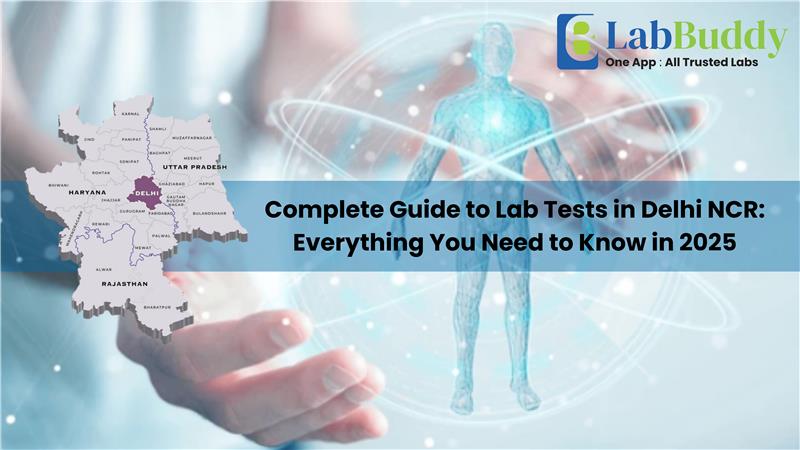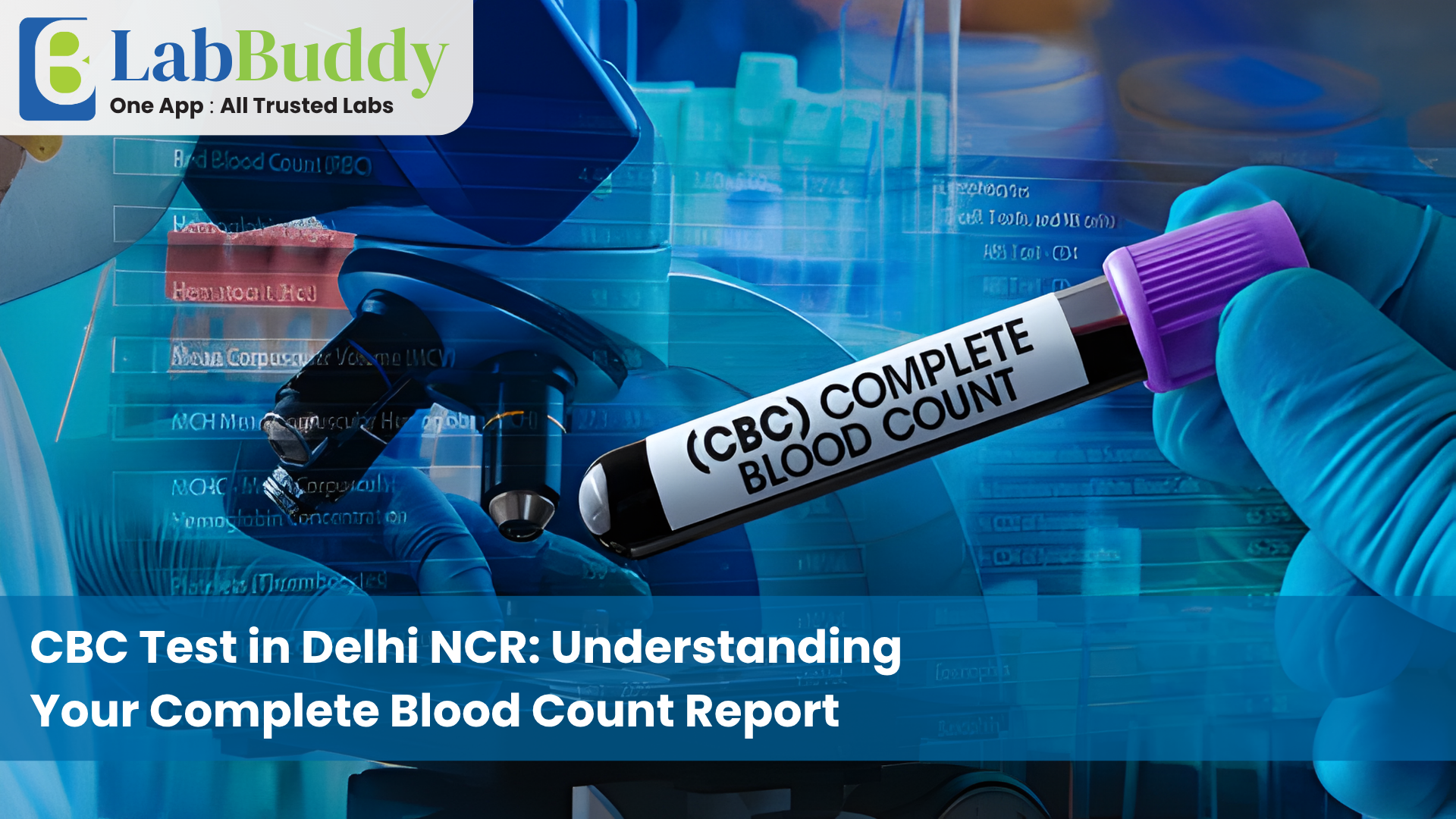Kidney Function Tests (KFT) in Delhi NCR: Comprehensive Guide to Renal Health Assessment
Published by LabBuddy Team | 10 minutes read
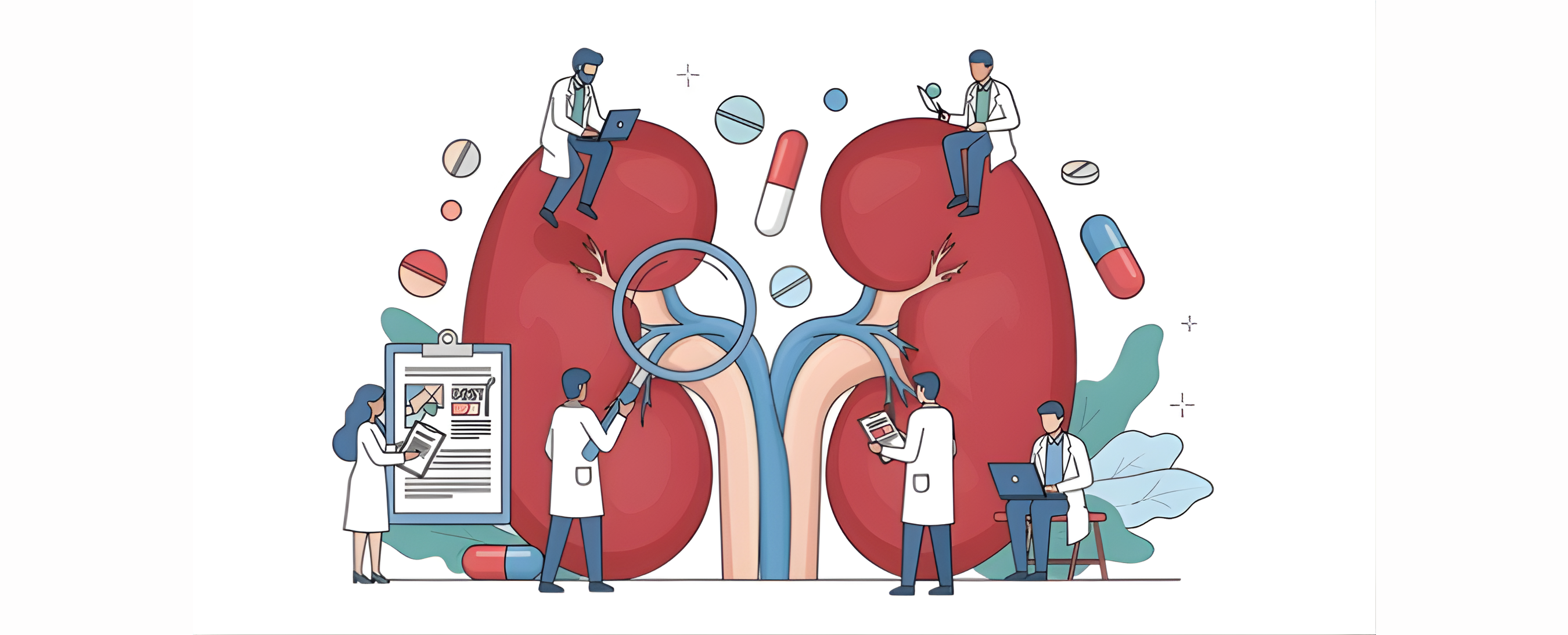
Kidney Health in Delhi NCR: The Urban Kidney Challenge
Kidney health in Delhi NCR faces unprecedented challenges from urban lifestyle, environmental factors, and complex metabolic conditions. Understanding kidney function tests has become crucial for residents navigating the region's unique health landscape.
Delhi NCR Kidney Health Realities:
- High prevalence of chronic kidney disease
- Significant impact of urban lifestyle factors
- Increasing diabetes and hypertension rates
- Environmental pollution affecting renal function
- Limited awareness about kidney health maintenance
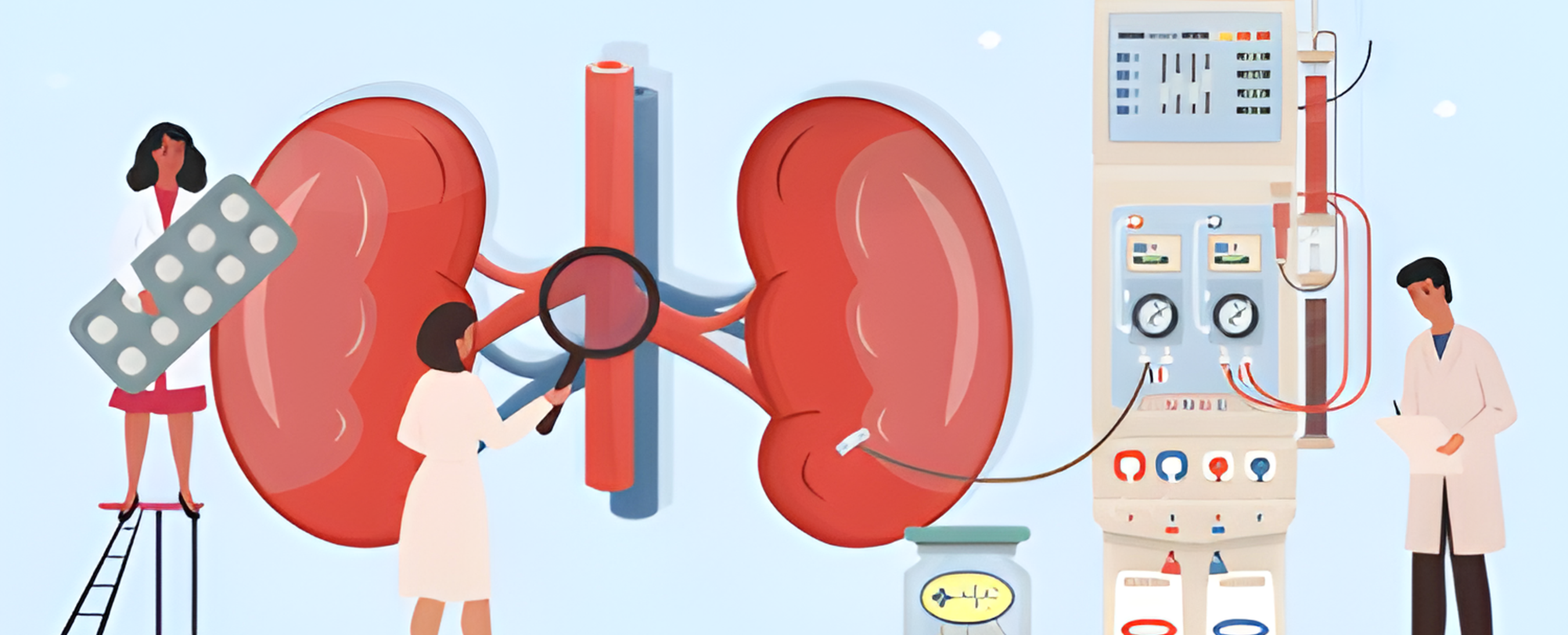
Understanding Kidney Function Tests (KFT)
Kidney Function Tests are a comprehensive set of blood and urine examinations that assess how well your kidneys are filtering waste, maintaining fluid balance, and performing critical metabolic functions.
Key Components of KFT Panel
1. Creatinine A waste product from muscle metabolism.
Normal Range:
- Men: 0.6-1.2 mg/dL
- Women: 0.5-1.1 mg/dL
Significance:
- Primary indicator of kidney function
- Reflects kidney's waste filtration ability
- Elevated levels suggest reduced kidney function
2. Blood Urea Nitrogen (BUN) Measures nitrogen in urea, a waste product from protein breakdown.
Normal Range: 7-20 mg/dL
Clinical Importance:
- Indicates kidney's ability to remove waste
- Can be affected by diet and hydration
- Used alongside creatinine for comprehensive assessment
3. Estimated Glomerular Filtration Rate (eGFR) Calculates how efficiently kidneys filter waste.
Normal Range: 90-120 mL/min/1.73m²
Diagnostic Value:
- Most comprehensive kidney function assessment
- Stages kidney disease progression
- Predicts potential kidney failure risk
4. Electrolyte Panel Measures critical minerals in blood.
Key Electrolytes:
- Sodium
- Potassium
- Chloride
- Bicarbonate
Clinical Significance:
- Kidney's fluid and mineral balance
- Indicates potential electrolyte disorders
- Essential for overall metabolic health
5. Urine Analysis Comprehensive examination of urine composition.
Key Parameters:
- Protein levels
- Blood cells
- Bacteria
- Crystal formations
- pH levels
Importance:
- Detects early signs of kidney damage
- Identifies urinary tract infections
- Reveals metabolic disorders
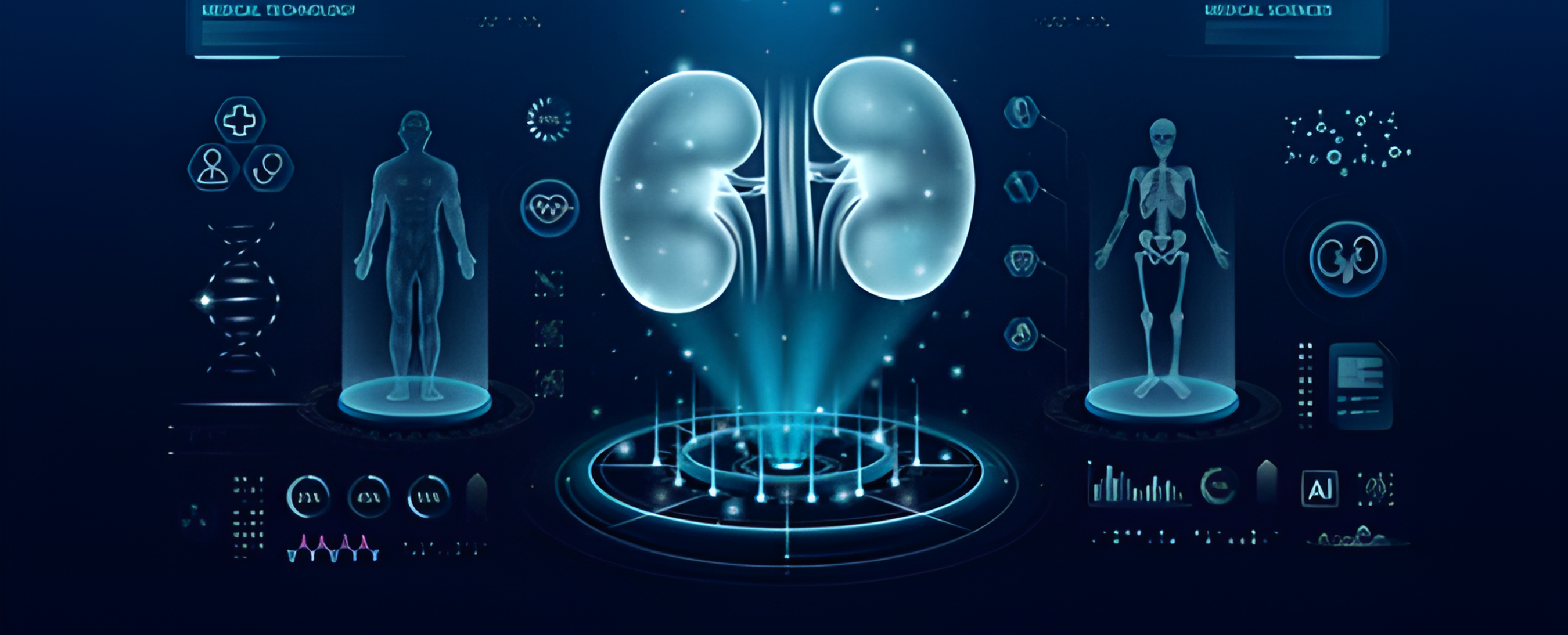
Urban Kidney Health Challenges
Environmental Factors
- Air pollution impact on kidney function
- Heavy metal exposure
- Water contamination
- Chemical pollutant accumulation
- Chronic oxidative stress
Lifestyle Contributors
- Sedentary work environments
- High-sodium processed foods
- Chronic stress
- Irregular sleep patterns
- Limited physical activity
- Excessive caffeine and alcohol consumption
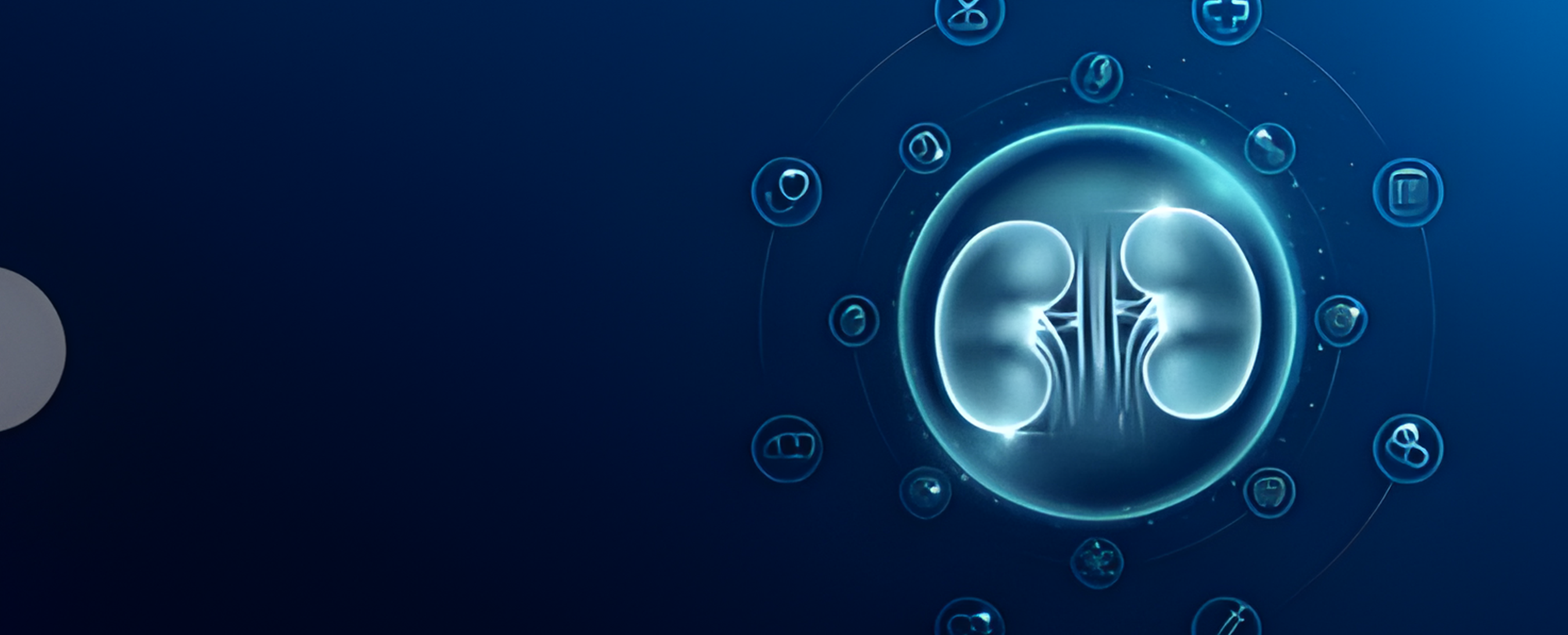
Who Should Get KFT Testing
High-Risk Groups
- Adults over 40
- Diabetes patients
- Hypertension patients
- Family history of kidney disease
- Obesity
- Smokers
- Individuals with metabolic syndrome
Corporate Sector Screening
- IT professionals
- Management executives
- Shift workers
- High-stress job roles
- Call center employees

Preparing for Kidney Function Tests
Pre-Test Requirements
- Usually no fasting required
- Stay hydrated
- Continue regular medications
- Avoid excessive protein intake before test
- Inform doctor about supplements
- Wear comfortable clothing
Factors Affecting Results
- Medication interactions
- Recent illness
- Hydration levels
- Dietary habits
- Physical activity
- Stress levels
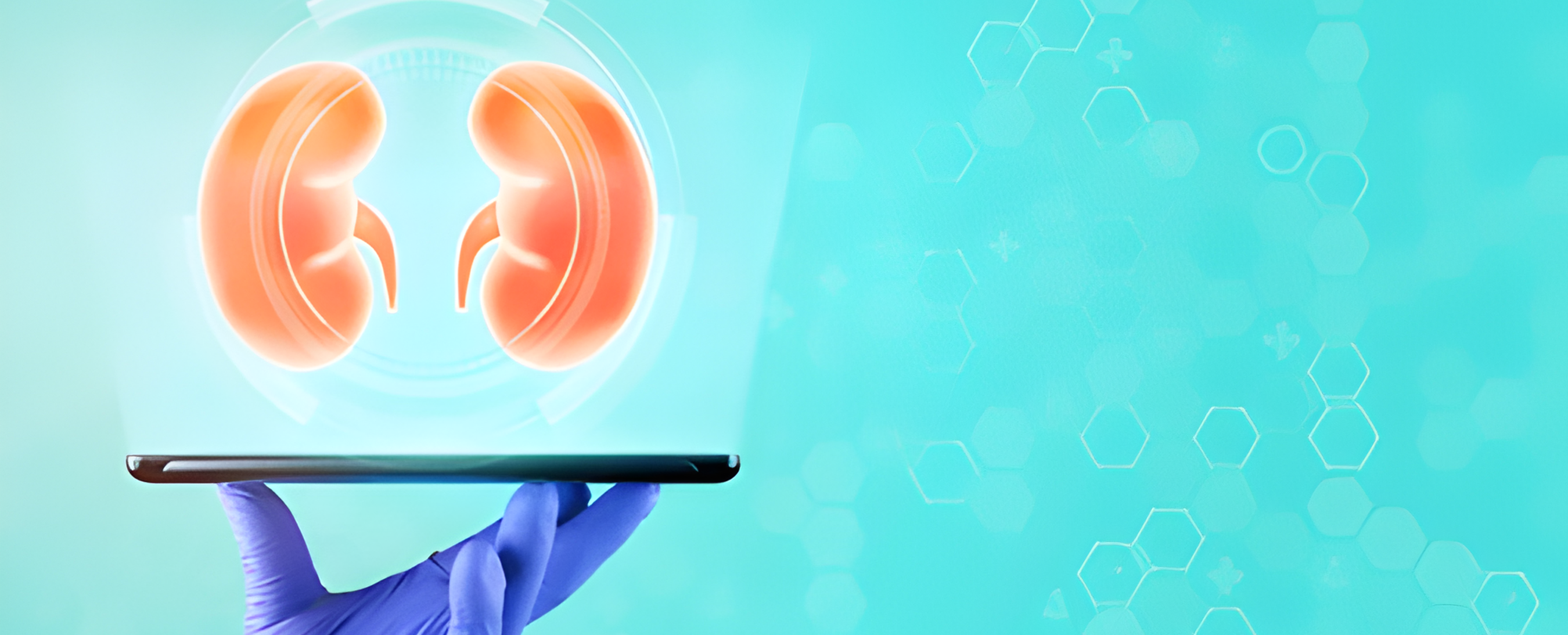
Understanding KFT Results
Result Interpretation
- Normal Results: Optimal kidney function
- Borderline Results: Potential early kidney stress
- Abnormal Results: Indicates kidney dysfunction
Kidney Disease Stages
- Stage 1: Kidney damage with normal function
- Stage 2: Mild kidney function reduction
- Stage 3: Moderate kidney function decline
- Stage 4: Severe kidney function reduction
- Stage 5: Kidney failure requiring dialysis
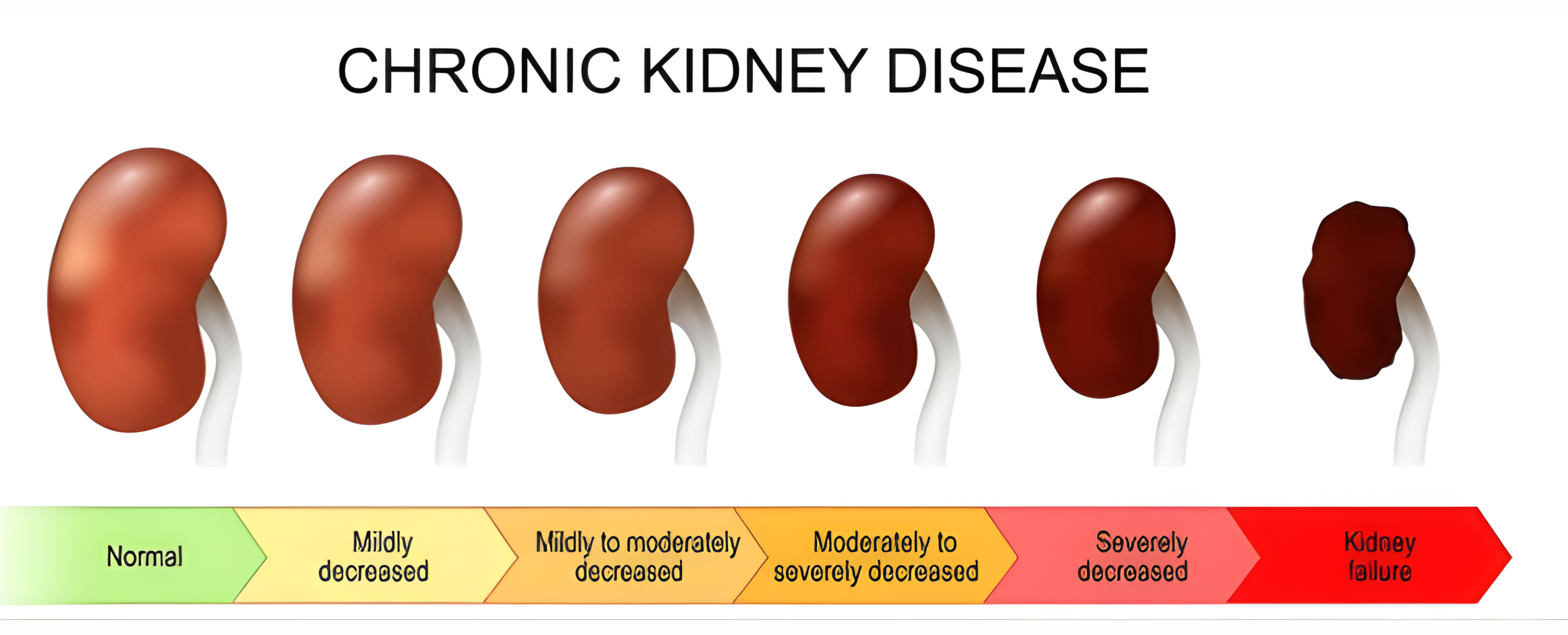
Common Kidney Conditions in Delhi NCR
Chronic Kidney Disease (CKD)
Progressive kidney damage and function loss.
Risk Factors:
- Diabetes
- Hypertension
- Obesity
- Genetic predisposition
- Chronic inflammation
Acute Kidney Injury
Sudden kidney function decline.
Potential Causes:
- Severe infections
- Medication toxicity
- Dehydration
- Severe stress
- Environmental toxin exposure
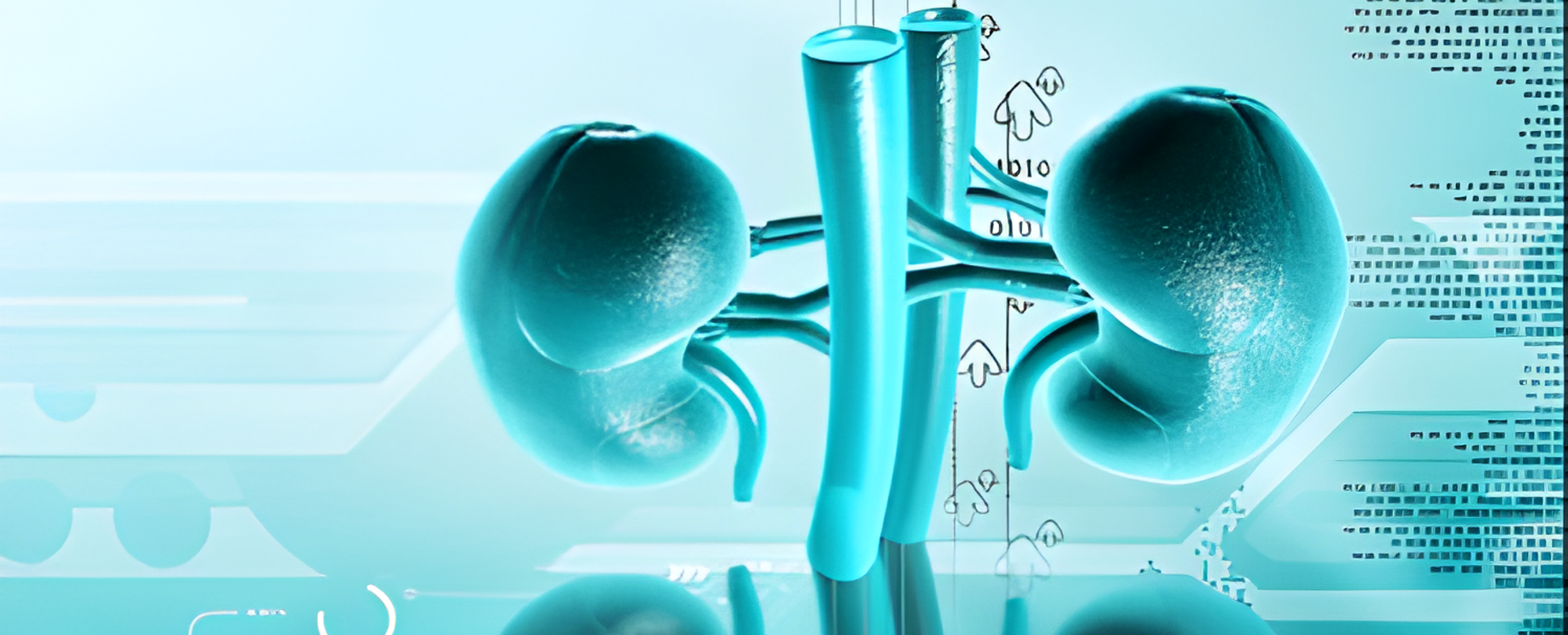
Prevention and Management Strategies
Lifestyle Modifications
- Regular physical activity
- Balanced nutrition
- Stress management
- Adequate hydration
- Limit processed foods
- Quit smoking
- Moderate alcohol consumption
Dietary Recommendations
- Low-sodium diet
- Increase water intake
- Consume antioxidant-rich foods
- Limit protein intake
- Choose whole grains
- Include kidney-friendly fruits and vegetables
Technology in Kidney Health Monitoring
Advanced Monitoring Tools
- Continuous health tracking devices
- AI-powered health insights
- Telemedicine consultations
- Digital health platforms
- Personalized risk prediction algorithms
Cost and Accessibility
Testing Costs in Delhi NCR
- Basic KFT Panel: ₹500-₹1,200
- Comprehensive Kidney Assessment: ₹1,500-₹3,000
- Advanced Renal Function Panel: ₹3,000-₹5,000
Insurance and Corporate Coverage
- Health insurance screening
- Corporate wellness programs
- Preventive health packages
- Government health schemes
LabBuddy's Kidney Function Testing Approach
Comprehensive Services
- 250+ labs across Delhi NCR
- Home collection options
- Quick booking
- Transparent pricing
- Digital report delivery
- Expert consultation support
Emerging Research and Future Trends
Precision Medicine
- Genetic kidney risk profiling
- Personalized kidney health management
- Advanced predictive technologies
- Targeted intervention strategies
Digital Health Integration
- AI-powered kidney health predictions
- Comprehensive health tracking
- Personalized lifestyle recommendations
- Seamless healthcare experience
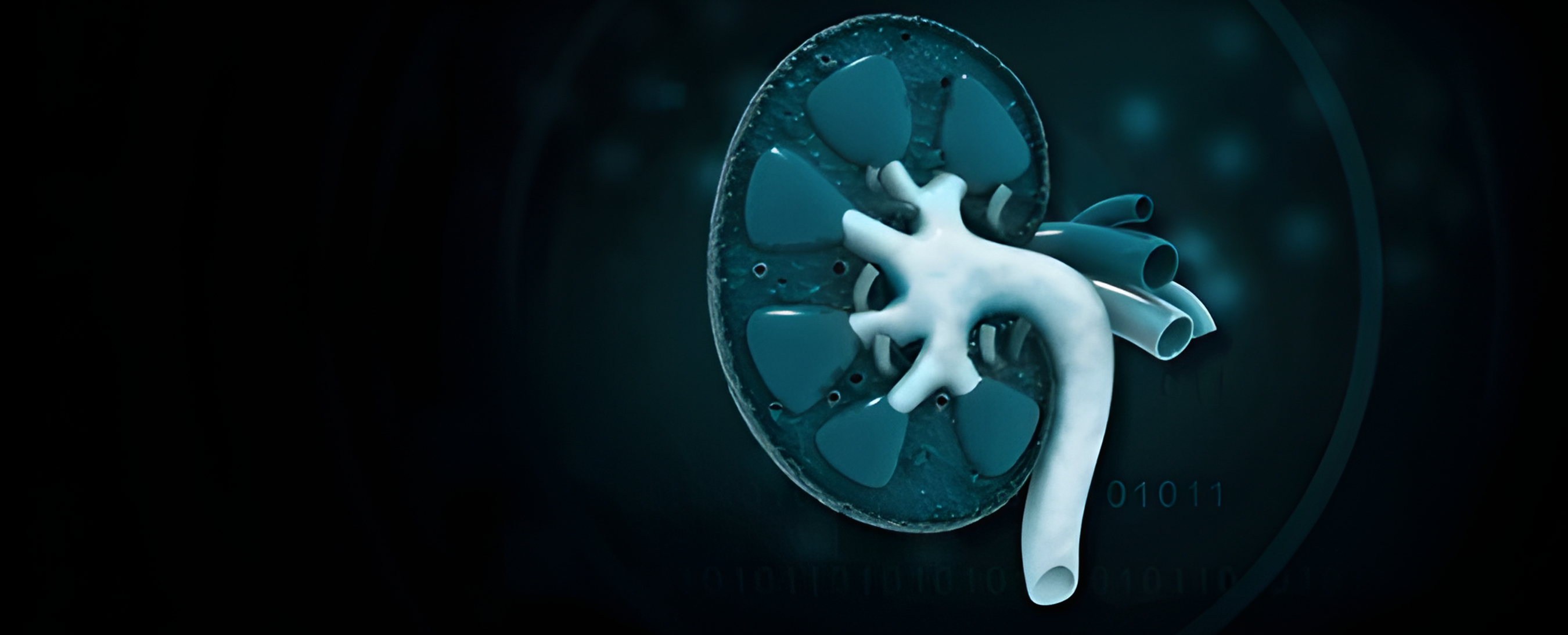
Conclusion
Kidney Function Tests are critical in understanding and managing renal health within Delhi NCR's complex urban environment. By staying informed, proactive, and leveraging advanced diagnostic technologies, you can take control of your kidney health.
Regular testing, comprehensive understanding, and personalized management are key to navigating the kidney health landscape in our rapidly changing urban ecosystem.
Remember, every individual's health journey is unique. Always consult healthcare professionals for personalized medical advice and interpretation of your specific test results.

